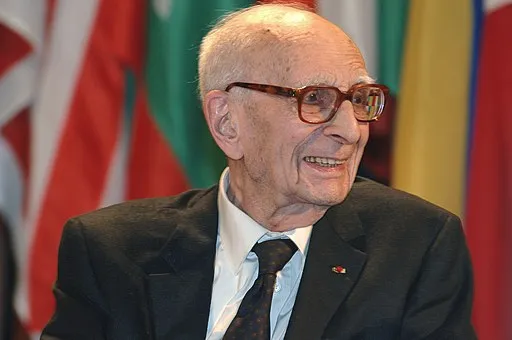The concept of 'habitus' is pivotal in sociology, particularly within the theoretical framework of Pierre Bourdieu, the French sociologist and philosopher. Habitus refers to the deeply ingrained habits, skills, and dispositions that individuals acquire through their life experiences. This concept is integral to Bourdieu’s theory of practice, which seeks to bridge the dichotomy between objectivism and subjectivism in social science. In this essay, we will explore the origins of habitus, its components, and its implications in sociological analysis, as well as its relevance to understanding social inequality and cultural reproduction.
Origins and Development
The concept of habitus originated from Aristotle's notion of 'hexis,' which refers to a stable disposition or state of being that influences actions and reactions. However, it was Bourdieu who fully developed and integrated the concept into sociological theory. Bourdieu’s notion of habitus is closely tied to his ideas on fields and capital. Fields refer to the various social arenas within which individuals compete for resources and status, while capital encompasses the resources individuals possess, which can be economic, social, cultural, or symbolic.
Components of Habitus
Habitus encompasses several key components:











